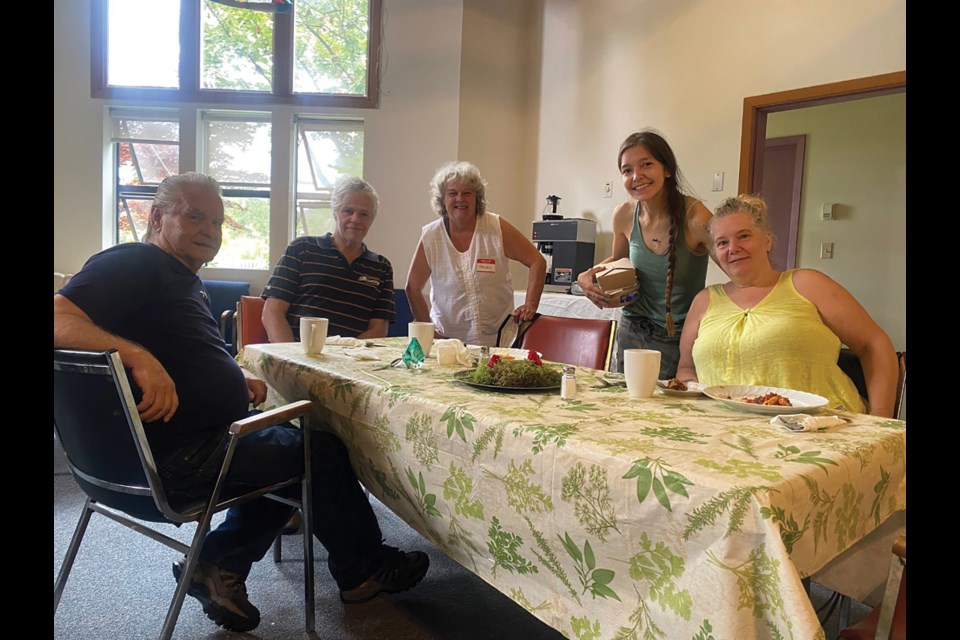Oct. 16 was United Nations World Food Day, with the theme of “Safer food, better health.”
Even in food-rich British Columbia, many are aware that food insecurity hurts our future. Thirty per cent of all food bank users in B.C. are children (foodbanksbc.com). Adults who face food insecurity also face more physical and mental health negative outcomes such as depression/anxiety and an increased risk of diabetes and heart disease. The number of seniors (65+ years) accessing food banks in B.C. has increased by 20 per cent over the past two years.
While food banks play an essential role in helping alleviate hunger in the community, we can’t do it alone. The St. Bart’s “no barrier” food bank in Gibsons recently experienced a 25 per cent increase in the number of clients requesting food hampers – mostly young families struggling to meet their monthly expenses on limited income and facing untenable choices like “heat or eat.” Sometimes the food bank “extras” like a package of frozen chicken, a bag of fresh fruit/vegetables or a bottle of dish detergent can make limited dollars stretch a bit further.
With a strong desire to expand outreach services, St. Bart’s initiated a Community Lunch on the second Wednesday of each month starting in June. Hot, nutritious meals are served free of charge to everyone who drops in between 11 a.m. and 1 p.m., the program averages 44 guests each month. The warm, welcoming sit-down environment provides a pleasant social connection for all members of our community, including our most vulnerable: “Absolutely fabulous!” “What a community gift – delicious!” “Excellent — will come again.”
Ending hunger is not only about providing emergency food to people in need – it also means taking action to address the root causes of hunger and poverty. This week, we can all be part of the change needed to promote awareness and action for those who suffer from hunger and food insecurity in our community. We can all reach out to community leaders at every level in person, in writing, or by phone; to advocate for policies/strategies that support food security, increase access to nutritious foods, and fight against poverty and hunger. It will make the difference.


